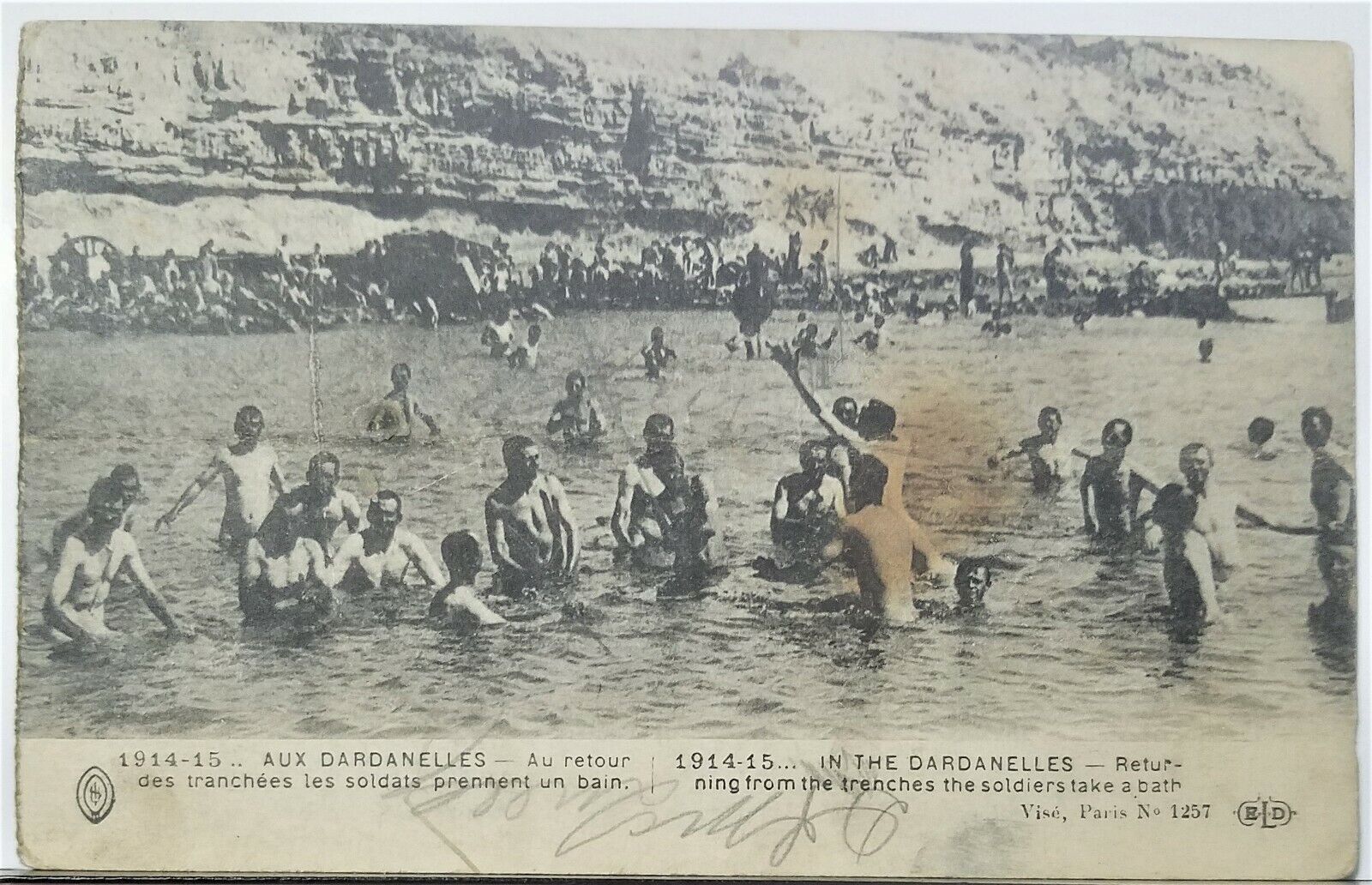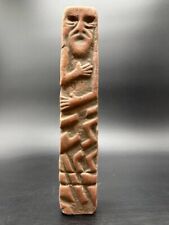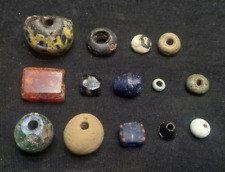When you click on links to various merchants on this site and make a purchase, this can result in this site earning a commission. Affiliate programs and affiliations include, but are not limited to, the eBay Partner Network.
VERY RARE, 1914 ANZAC SOLDIERS BATHING, DARDANELLES, TURKEY CENSORED POSTCARD. Condition is "Used". Shipped with USPS PRIOTY MAIL WITH INSURANCE. PLEASE READ DESCRIPTION.
1914-1915. . . IN THE DARDANELLES – Returning from the trenchesthe soldiers take a bath.
1914-1915. . .AUX DARDANELLES – Au retour tranchees lessoldats prennent un bain.
ANZAC ( The Australian and New Zealand Army Corps) soldiers enjoy a swim after returning from the trenches of the Dardanelles
Photographer: Unidentified Location: Dardanelles, Turkey
Vise, Paris No 1257.ELD. Paris, France, 1890s–1930(Publisher, Printer, Photographer)
The Parisian printing firm of E. Le Deley (E. L. D.), located at 73, rue Claude Bernard, was founded by the photographer Ernest Louis Désiré le Deley(1859–1917). The company was amajor publisher of heliotype, black-and-white postcards.
Posted in 1919 by G. M. East, U.S. Army to Miss Ethel McQueen, Southern Pines, N.C. U.S.A. are re-routed to 1219 48th St. Norfolk, VA.
Post Marked U.S. Army Postal Service, and posted marked February 1919, N.C. North Carolina
Passed As Censored by B,G, Roberts.
World War I (Censorship)
Censorship played an important role in the First World War.[15] Each country involved utilized some form of censorship. This was a way to sustain an atmosphere of ignorance and give propaganda a chance to succeed.[15] In response to the war, the United States Congress[J31] passed the Espionage Act of 1917 and Sedition Act of 1918. These gave broad powers to the government to censor the press through the use of fines, and later any criticism of the government, army, or sale of war bonds.[15] The Espionage Act laid the groundwork for the establishment of a Central Censorship Board which oversaw censorship of communications including cable and mail.[15]
Postal control was eventually introduced in all of the armies, to find the disclosure of military secrets and test the morale of soldiers.[15] In Allied countries, civilians were also subjected to censorship.[15] French censorship was modest and more targeted compared to the sweeping efforts made by the British and Americans.[15] In Great Britain, all mail was sent to censorship offices in London or Liverpool.[15] The United States sent mail to several centralized post offices as directed by the Central Censorship Board.[15] American censors would only open mail related to Spain, Latin America or Asia--as their British allies were handling other countries.[15] In one week alone, the San Antonio post office processed more than 75,000 letters, of which they controlled 77 percent (and held 20 percent for the following week).[15]
Soldiers on the front developed strategies to circumvent censors.[16] Some would go on "home leave" and take messages with them to post from a remote location.[16] Those writing postcards in the field knew they were being censored, and deliberately held back controversial content and personal matters.[16] Those writing home had a few options including free, government-issued field postcards, cheap, picture postcards, and embroidered cards meant as keepsakes.[17] Unfortunately, censors often disapproved of picture postcards.[17] In one case, French censors reviewed 23,000 letters and destroyed only 156 (although 149 of those were illustrated postcards).[17]Censors in all warring countries also filtered out propaganda that disparaged the enemy or approved of atrocities.[15] For example, German censors prevented postcards with hostile slogans such as "Jeder Stoß ein Franzos"("Every hit a Frenchman") among others.[15] (Wikipedia)
Card and image found only in museums (without Censorship Stamp). Postage stamp has been removed. Condition is pretty good for age and history of this unique card. Sent priority mail with insurance. See photos for details.
As requires and we strongly suggest. . . please look at each photo. You are the deciding factor and final judge on whether to purchase this piece or not. We make every effort based on the information available to us to provide the buyer with as complete and accurate description and as much information as possible about each listing. Thank you.(THERE ARE NO RETURNS. IF YOUHAVE ANY QUESTIONS REGARDING THIS ITEM, PLEASE ASK BEFORE YOU PURCHASE IT. THANK YOU.)
[J31]







